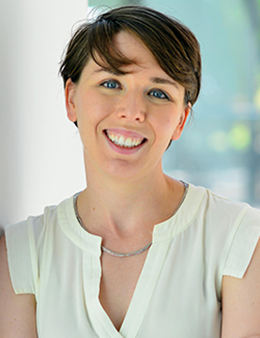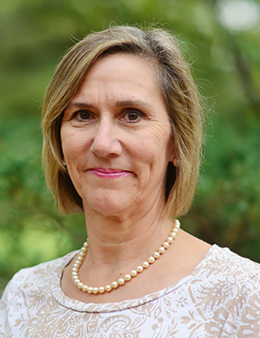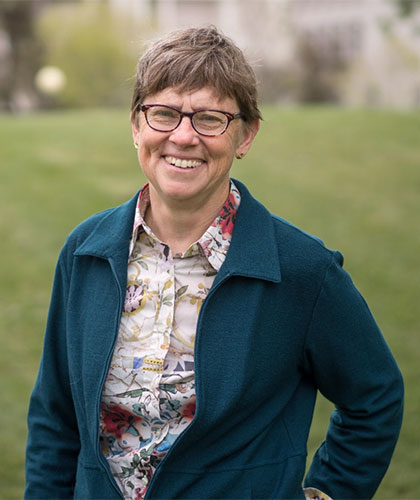Press Release
Hurricane Season 2021: UMD Experts Available for Media Interviews
Covering hurricane-related stories? UMD faculty can provide information, insights
MEDIA ADVISORY June 29, 2021
CONTACT:
Robert Herschbach
410-245-8959
rherschb@umd.edu
College Park. MD — Hurricane season is under way, and if recent trends are any indication, the risk is increasing for coastal communities and even those farther inland.
Extreme weather is on the rise: in 2018 alone, the United States experienced no fewer than 13 major storms, each causing more than a billion dollars in damage, according to data from the American Society of Civil Engineers (ASCE).
Are communities prepared? What steps do we need to take place in order to build up resilience against extreme weather risks, minimize the damage, and speed the recovery efforts? Researchers from the University of Maryland’s Center for Disaster Resilience, part of the civil and environmental engineering department, are available to speak with the media about these and other topics.
Members of the media are invited to connect directly with disaster resilience experts at the University of Maryland’s A. James Clark School of Engineering for your stories; details for each are provided below.
 Allison Reilly
Allison Reilly
Assistant Professor, Department of Civil and Environmental Engineering
Faculty Affiliate, Center for Disaster Resilience
Research interests: hazard risk assessments, decision-making, infrastructure performance and protection
Dr. Reilly is a civil engineer specializing in risk and resilience of infrastructure systems. She is particularly interested in characterizing the interplay between the resilience of infrastructure and individual decision-making. Dr. Reilly was recently tapped to join the Day One Project, created in order to provide policy recommendations to the current presidential administration on a wide range of issues. The recipient of a Gulf Research Program Fellowship, Dr. Reilly has devoted much of her work to studying the ways that communities—especially in coastal regions—prepare for and respond to natural hazards. In 2020, she collaborated with UMD Clark Distinguished Chair Deb Niemeier and A.R. Siders of the University of Delaware in drawing up a set of recommendations on making U.S. disaster policy more effective and equitable.

Sandra Knight, Ph.D., skknight@umd.edu
Senior Research Engineer, Department of Civil and Environmental Engineering
Faculty Affiliate, Center for Disaster Resilience
Research interests: disaster resilience water and disaster policy, coastal and hydraulic engineering
Sandra Knight is a senior research engineer in the civil and environmental engineering department and an affiliate of the Center for Disaster Resilience and Project Management Center for Excellence. Her work focuses on the development of disaster and water policy, building disaster resilient communities, and promoting flood risk management initiatives.
Prior to joining the faculty at UMD, Dr. Knight served as the deputy associate administrator for mitigation for the Federal Emergency Management Agency (FEMA). In that role, she was responsible for the nation’s floodplain mapping, management and mitigation grants supporting the National Flood Insurance Program, environmental compliance for the agency, and oversight of the National Dam Safety Program. She is founder and president of WaterWonks LLC in Washington, D.C.
Deb Niemeier, Ph.D., niemeier@umd.edu
Clark Distinguished Chair,
Professor, Department of Civil and Environmental Engineering
Co-director, Maryland Transportation Institute
Faculty Affiliate, Center for Disaster Resilience
Research interests: equity, social justice, transportation, infrastructure, federal and state policy.
A member of the National Academy of Engineering, Dr. Niemeier is renowned for her work on vehicle emissions and their impact on surrounding neighborhoods, on the effects of carbon dioxide on climate change, and on transportation accessibility. In 2020, she collaborated with UMD professor Allison Reilly and A.R. Siders of the University of Delaware in drawing up a set of recommendations on making U.S. disaster policy more effective and equitable.